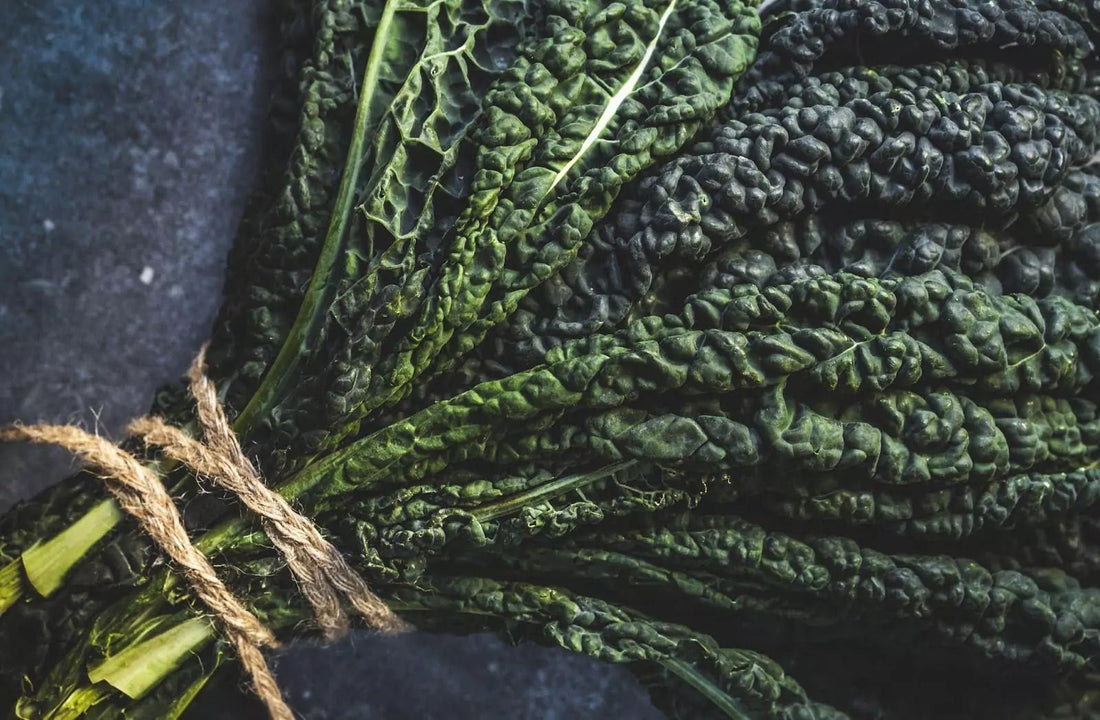Getting older brings a new set of changes in your body. The new body demands different dietary habits, and your tolerance for old food habits may decline. Many people find they aren’t as hungry, and alongside, their energy might go up and down, or they might get new health issues. It’s easy to forget that your diet might need to change too.
Still, you can boost your energy and stay healthy by choosing the right foods. Eating better can make a massive difference in how you feel and what you can do daily.
Here are ten crucial food tips that will help you eat well during the golden years of your life:
1. Prioritise Protein Power
As we age, it’s common to lose some muscle mass. Sufficient protein intake prevents this. Protein helps to build and repair your body, including your muscles.
Aim to include some protein in every meal. Boiled chicken, turkey, eggs, and fish (salmon, for example) are good choices. And if you are vegetarian, you can take milk, yoghurt, cheese, beans, lentils, tofu, and nuts.
Tip: Eating protein, a little at a time over the day and not all at once is preferable.
2. Boost Bone Health with Calcium & Vitamin D
Older people have a higher risk of getting weak bones (called osteoporosis). This is especially true for women after menopause.
Your bones contain calcium, and Vitamin D helps your body absorb that calcium. Ensure you eat calcium-rich foods, such as dairy products, fortified plant-based milk, leafy green vegetables (kale, broccoli — though absorption does vary) and tinned fish with edible bones (such as sardines).
Getting enough Vitamin D can be tricky. We get most of it from sunlight, but older skin also doesn’t make it. You might also spend less time outdoors. Look for foods with added Vitamin D.
3. Focus on Fibre for Digestive Wellness
Sometimes, as you get older, your digestion slows down. This can make it hard to go to the toilet (constipation). Eating fibre helps keep everything moving smoothly. Fibre also helps control your blood sugar and can help you stay at a healthy weight.
Eat more foods like oats, brown rice, and whole wheat bread. Fruits, vegetables, beans, peas, lentils, nuts, and seeds are also full of fibre. Try to eat about 25 to 30 grams of fibre each day. (Source: MedicineNet) Good sources include oats, pears, apples, and seeds like chia. Remember to drink more water when you eat more fibre. Water stops it from feeling uncomfortable in your tummy.
4. High Probiotic Diet
Include high-probiotic foods in your diet. Probiotics enrich the good ecosystem in your gut, improve digestive functions and boost immunity. Foods that are rich in probiotics, such as yoghurt, kimchi, kefir, Sauerkraut, tempeh, pickles, etc., help you naturally support the microenvironment in your gut.
However, with age, you may need to look elsewhere to support your digestive microsystems. You can use supplements with a high-probiotic diet, However, with age, you may need to look elsewhere to support your digestive microsystems. You can use supplements with a
5. Choose Healthy Fats for Heart and Brain
Fats are not created equal. Unsaturated fats in oily fish (salmon, mackerel), avocados, nuts, seeds, and vegetable oils (like olive and rapeseed oil) are suitable for heart protection and brain function.
Limit saturated fats in fatty meats, butter, lard, cream, cakes and biscuits. Avoid trans fats, which are often used in processed foods. Being anti-inflammatory, omega-3 fatty acids, especially from fatty fish, are suitable for general health.
6. Vitamins are Vital – Especially B12
Although all vitamins are critical, vitamin particularly stands out: vitamin B12. Its level increases or decreases with age since the production of stomach acid changes. Along with this, B12 is essential for nerve function and red blood cell formation.
You can eat meat, fish, and eggs and take dairy products and fortified breakfast cereals, as these foods are rich in vitamins. If you follow a vegetarian or vegan diet, consider talking to your health specialist about checking your B12 levels because you may require supplementation.
7. Mind Your Minerals (Iron, Zinc, Magnesium)
Iron helps with the transportation of oxygen in the blood and keeps anaemia-induced fatigue at bay. You must include red meat, beans, lentils, fortified cereals, and dark leafy greens, which are excellent sources of iron. Also, eat Vitamin C-rich foods like oranges to aid absorption. Zinc promotes your immune system and wound healing (sources: meat, shellfish, dairy, nuts). Magnesium is present in muscle and nerve functions that regulate blood sugar and blood pressure. Therefore, to maintain your blood level, increase your magnesium intake by eating green vegetables, nuts, seeds and whole grains.
8. Watch Portion Sizes, Not Just Content
Your metabolism declines with age. You may require fewer calories than you used to during the younger age to maintain a healthy weight. But your nutrient needs usually stay the same or even go up. This is why nutrient density is so important (see next point). Be mindful of portion sizes to prevent accidental weight gain. Sometimes, using smaller plates can trick the eye and mind and make you feel satisfied with less food. You should listen to your body’s signals for hunger and fullness.
Aim for 1.0–1.3 g/kg/day dietary protein combined with twice-weekly progressive resistance exercise (source: PMC).
9. Embrace Flavour to Combat Taste Changes
Smell and taste changes are common with ageing; sometimes, these are related to medications or medical conditions. This can have the unfortunate effect of suppressing appetite or throwing its dependence on salt or sugar for flavour. Season your food naturally with herbs, spices, lemon juice, vinegar, garlic and onions rather than too much salt and sugar, as they can be bad for your blood pressure and general health.
10. Make Every Calorie Count with Nutrient Density
Since you may not need as many calories, it’s even more important that your food is nutrient-dense. Nutrient-dense foods offer vitamins, minerals, fibre and other beneficial compounds relative to very few calories. Concentrate on whole, unprocessed foods: colourful fruits and vegetables, whole grains, lean proteins and healthy fats. Restrict foods high in ‘empty calories’, such as sweet sodas, candy bars, pastries and highly processed snacks.
11. Hydrate Diligently Throughout the Day
As you get older, you might not feel thirsty, even without enough water. Being dehydrated can make you feel tired, dizzy, confused, or constipated.
Make sure you drink often during the day. Drink even if you don’t feel thirsty. Low-fat milk, drinks made with sugar-free squash, tea, and coffee also count towards your fluids. Try to drink about 6 to 8 glasses (around 1.5 to 2 litres) every day. You might need more if it’s hot weather or if you are very active.
MamaCare® Complete Nutrition
Navigating these nutritional needs can sometimes feel overwhelming, especially if appetite is low or preparing balanced meals becomes challenging. Though good food habits can make a change, taking dietary supplements boosts your overall health. MamaCare® Complete Nutrition offers a convenient balanced diet for old age solutions.
It is packed with 30+ essential vitamins, minerals, and protein to help fill potential nutritional gaps. The best part is it is a low-calorie formula with only 811 kJ per serving. Mixing into drinks or foods is simple, supporting overall vitality and well-being. Prepare 50g of Complete Nutrition Powder with 200 mL of room-temperature water.
For a more tailored and balanced diet for old age options, browse our full range of adult supplements designed to meet various needs.
References:
https://www.medicinenet.com/how_can_i_eat_25_grams_of_fiber_a_day/article.htmNowson C, O'Connell S. Protein Requirements and Recommendations for Older People: A Review. Nutrients. 2015 Aug 14;7(8):6874-99. doi: 10.3390/nu7085311. PMID: 26287239; PMCID: PMC4555150.



